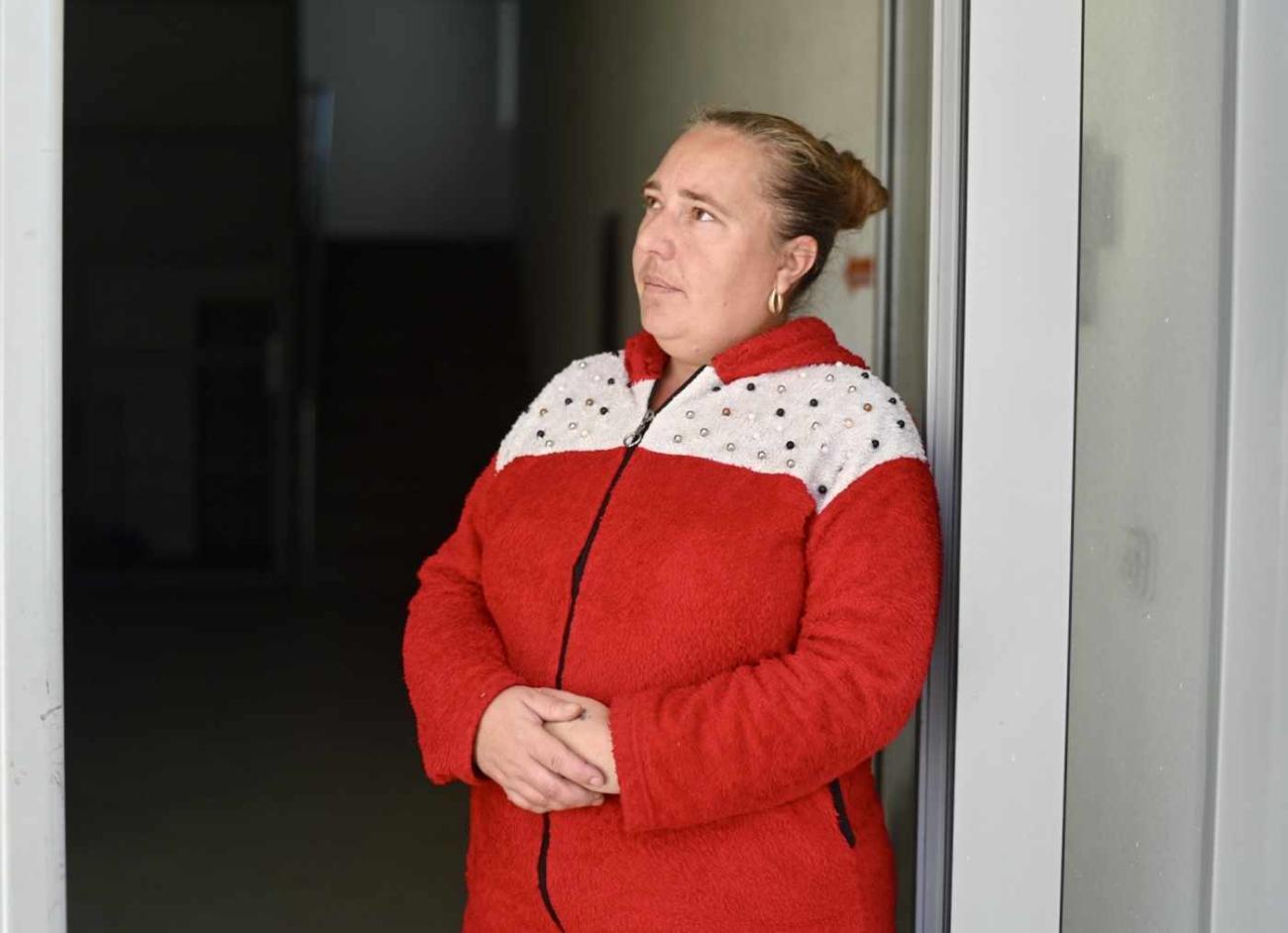While Roma have been resilient, they struggle with poverty and exclusion, and often invisibility
Despite being one of Europe’s largest minorities, the lack of reliable data on the Roma population omits them from policy making and vital programming initiatives. The recognition of the overarching facts is an honest start, but they lack precision when explaining the deprivations that perpetuate poverty and exclusion. The remaining anecdotal evidence feeds common sense but fails to prompt targeted action and lasting effect.
After many years trying to find her way out of poverty abroad, Fatime is back home with her two small children and living in a one-room place in Prilep, North Macedonia. Her children do not have formal birth documents, and this risks their enrollment to formal education.
Local NGO “PET” from Prilep, supported by the Regional Returnee Reintegration Project, responded to her family’s challenges and helped enroll kids in primary school. The NGO is now also supporting Fatime to get other legal documents: “After long years of institutional struggle, I now have the support I needed and someone who understands my problem. I can’t wait to get the formal legal personal documents, so I can continue with my life. Having a decent job to provide for my kids is my biggest dream…”
UNDP's Reintegration of returnees project is helping vulnerable individuals across the Western Balkans by working with partners to implement holistic solutions to the economic and social empowerment of returnees supported by the European Union.
